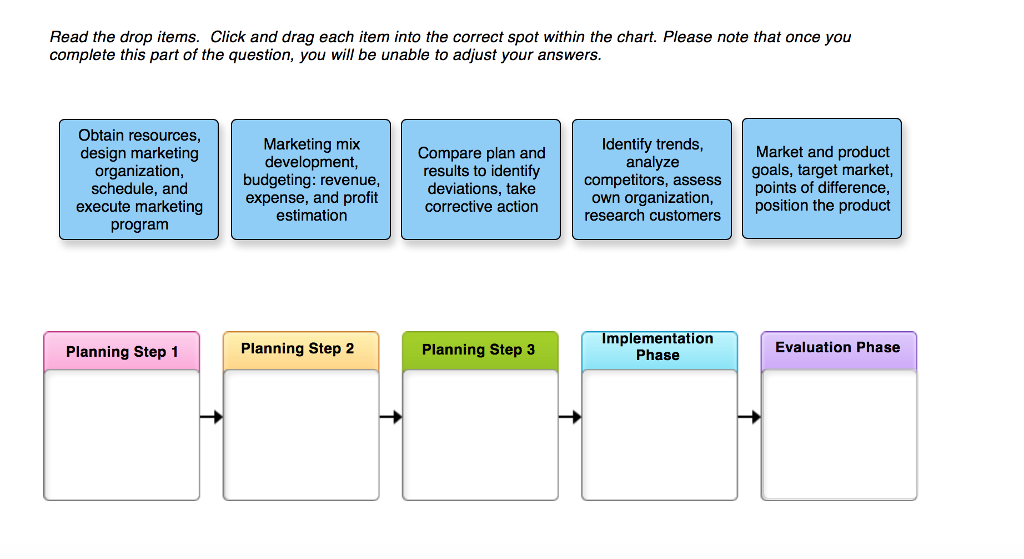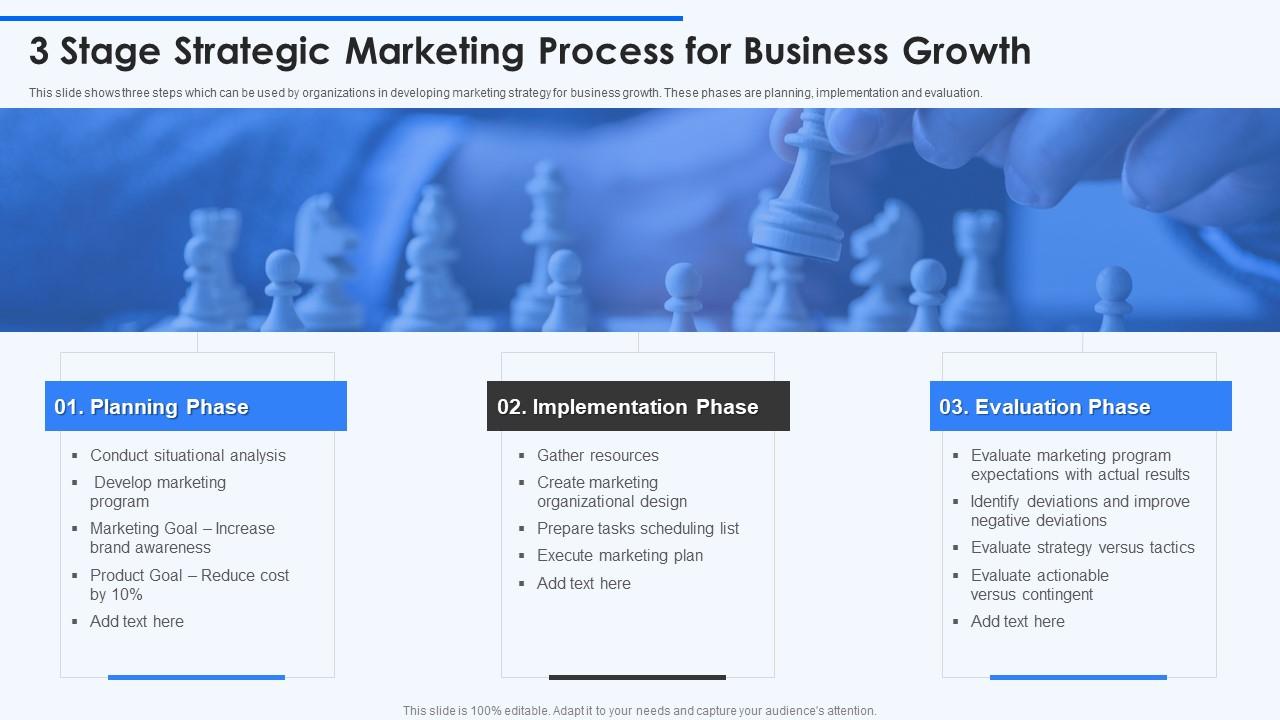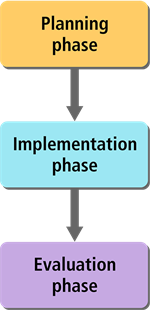The three phases of the strategic marketing process are planning, implementation, and evaluation. Planning involves setting objectives and strategies.
Implementation is the execution of those strategies. Lastly, evaluation assesses the effectiveness of the marketing efforts. Properly managing these phases is crucial for a successful marketing campaign. By understanding and applying each phase effectively, businesses can optimize their marketing strategies to reach their target audience and achieve their goals.
Let’s delve into each phase in detail to gain a thorough understanding of the strategic marketing process and how businesses can leverage it for growth and success.
Phase 1: Planning
Setting Objectives: In this phase, the strategic marketing process begins with the establishment of clear and achievable objectives. This will provide a roadmap for the marketing efforts.
Conducting Market Research: It involves collecting and analyzing data about the market, consumers, and competitors. This information will help in making informed decisions.

Credit: www.chegg.com
Phase 2: Implementation
Developing Marketing Tactics
During the implementation phase of the strategic marketing process, it’s crucial to develop effective marketing tactics that align with the overarching strategy. This involves creating detailed plans for promotional activities, pricing strategies, and product positioning to reach the target audience. Allocating Resources
Another key aspect of implementation is the allocation of resources. This includes determining the budget, personnel, and other necessary resources needed to execute the marketing tactics effectively. It’s essential to prioritize tasks and allocate resources efficiently to ensure the successful implementation of the marketing plan.
Phase 3: Evaluation
As the final phase of the strategic marketing process, evaluation plays a crucial role in determining the success of a marketing campaign. Monitoring performance is a key component of this phase, allowing marketers to track the effectiveness of their strategies and tactics. By regularly monitoring performance, marketers can identify what is working and what needs improvement. This enables them to make data-driven decisions and optimize their marketing efforts. Analyzing results is another important aspect of the evaluation phase. Marketers use various analytics tools and metrics to measure the impact of their marketing activities. By analyzing results, marketers gain valuable insights into customer behavior, campaign performance, and return on investment. This information helps them refine their strategies for future marketing initiatives. Ultimately, the evaluation phase ensures that marketing efforts are aligned with business goals and continuously optimized for success.

Credit: www.slideteam.net

Credit: contensis.uwaterloo.ca
Frequently Asked Questions For What Are The Three Phases Of The Strategic Marketing Process?
What Are The Three Phases Of The Strategic Marketing Process Quizlet?
The three phases of the strategic marketing process on Quizlet are planning, implementation, and evaluation.
What Are The 3 Marketing Strategies?
The three marketing strategies are: target audience segmentation, content marketing, and social media advertising. These strategies focus on understanding the audience, creating valuable content, and utilizing social media platforms for effective promotion.
What Are The Three Marketing Processes?
The three marketing processes are: 1) Market research to understand customer needs. 2) Targeting the right customers for products. 3) Implementing strategies to promote and sell products effectively.
What Are The Phases Of The Marketing Process?
The phases of the marketing process include planning, implementation, monitoring, evaluation, and adjustment for optimal results.
What Is The Strategic Marketing Process?
The Strategic Marketing Process involves three key phases: planning, implementation, and evaluation.
Conclusion
To sum it up, understanding the three phases of the strategic marketing process is crucial for any business aiming to stay competitive. From analyzing the market and setting clear goals, to implementing effective strategies and evaluating their success, this process provides a roadmap for success.
By embracing these phases, businesses can maximize their marketing efforts and achieve long-term growth. Embrace the strategic marketing process today and watch your business soar to new heights.











